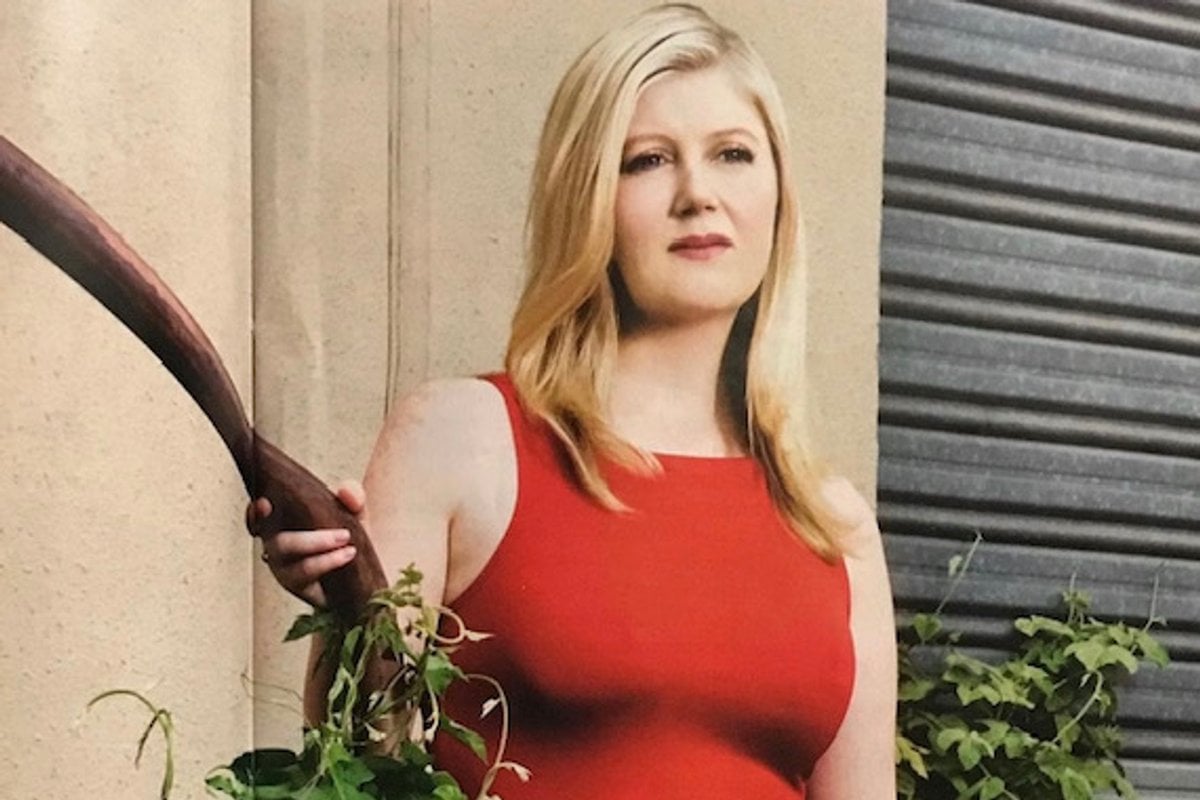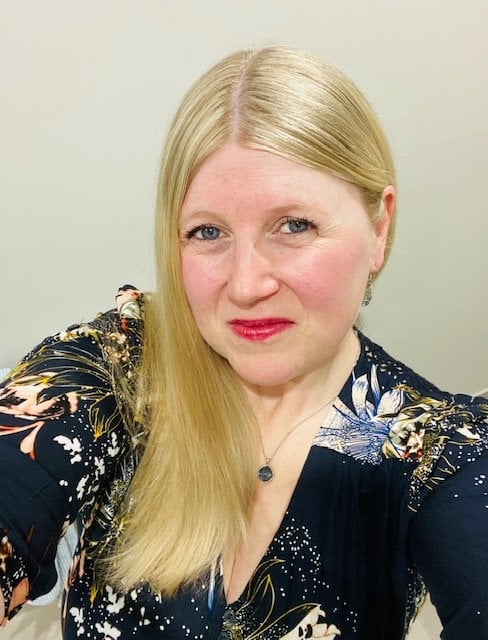
This story discusses domestic abuse and rape.
At just 25 years old, Cathy Oddie needed help. She’d finally escaped an abusive relationship - one that saw her held at gunpoint - but her ex partner was stalking her. Abusive phone calls, incessant messages; he even slashed her clothes as they hung on the line.
Cathy had long-held aspirations to become a police officer, so had some contacts within the force. She called seeking help, and was referred to another officer, a trusted friend of the man she'd called. He was in a leadership position so she felt comfortable. Her experience reporting domestic violence to local police hadn’t been good, so she was pleased to have a more senior contact looking after her case.
“I attended the station and made a report and statement about the damaged clothes, and the stalking and harassment I was experiencing from my ex-partner,” Cathy told Mamamia.
A couple of days later, the officer told Cathy he’d be coming to her home. He needed to collect the damaged clothes as evidence, he said. He also had to personally view the location of where the offence had taken place.
“This seemed like a normal police investigation process so I didn't question it,” shares Cathy.
He arrived in the early evening. He was in uniform, on-duty and drove a marked police vehicle. He was alone.
“After I showed him around my home and provided him a bag containing the clothes damaged by my abusive ex-partner, the officer asked if I could accompany him back to the police station to complete some further paperwork with him."

